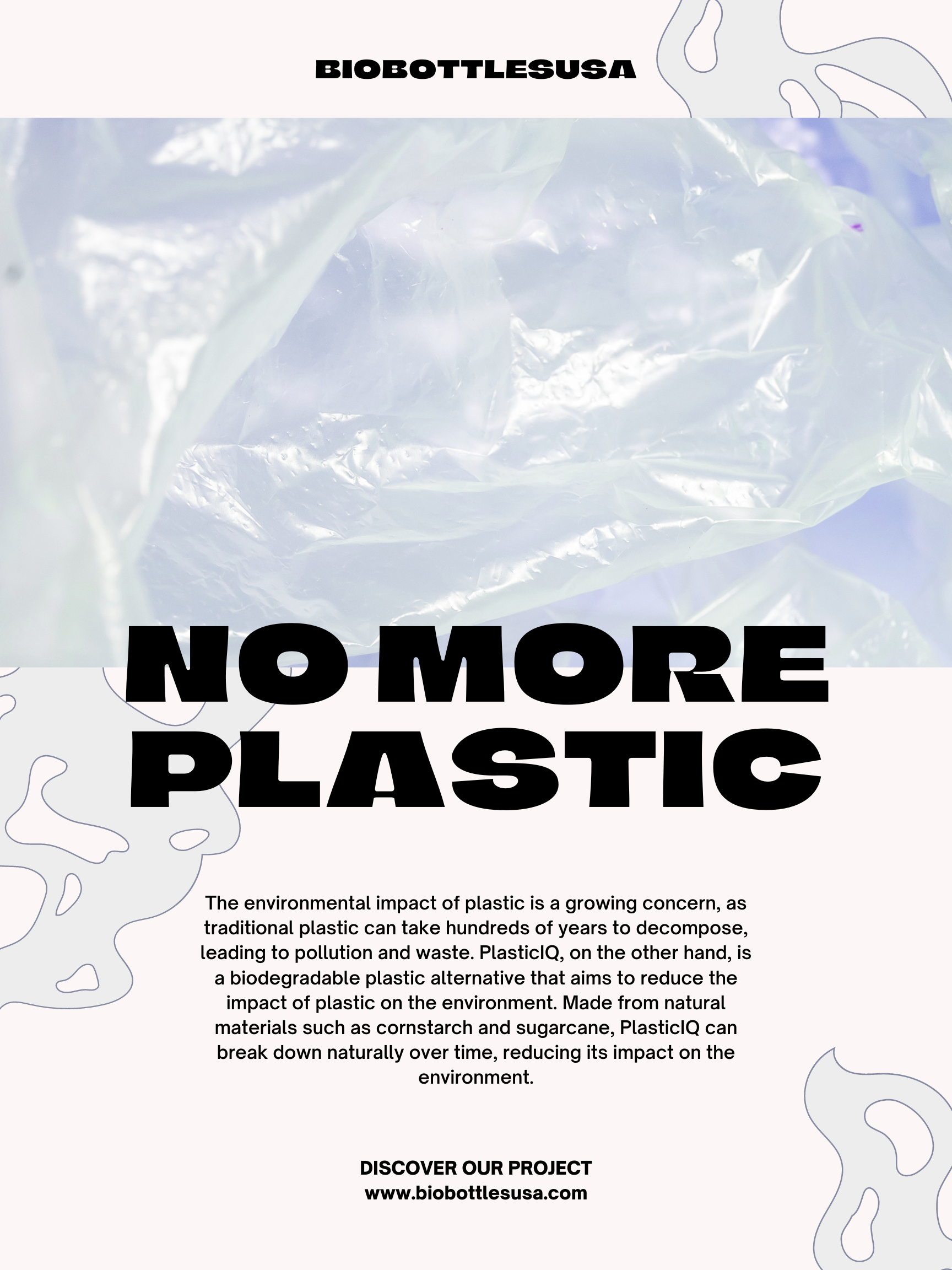Plastic IQ™ vs. Traditional Plastic: Understanding the Basics
Plastic is a ubiquitous material that we use in our daily lives. From the packaging of our food and drinks to the parts in our electronic devices, plastic is everywhere. However, with its widespread use comes an increasing concern over its environmental impact. Traditional plastic is made from non-renewable fossil fuels, takes hundreds of years to decompose, and is a major contributor to pollution and waste.
Enter Plastic IQ™ – a new type of plastic that aims to solve these problems. Plastic IQ™ is a bio-transformative plastic alternative made from natural materials such as cornstarch and sugarcane. Unlike traditional plastic, Plastic IQ™ can break down naturally over time, reducing its environmental impact. Plastic IQ™ can be a more sustainable option for industries that rely heavily on plastic, such as packaging and manufacturing.
In addition to its environmental benefits, Plastic IQ™ offers other advantages over traditional plastic. For example, it can be molded into various shapes and sizes, making it versatile and suitable for different applications. Plastic IQ™ is also safe for food packaging, as it does not contain harmful chemicals that could leach into the food.
Plastic IQ is a viable alternative to traditional plastic that offers a range of benefits for both the environment and industry. By understanding the basics of Plastic IQ and its advantages over traditional plastic, we can take steps towards a more sustainable and responsible use of plastic in our daily lives.
The Benefits of Plastic IQ over Traditional Plastic
Plastic IQ™ is a bio-transformative plastic alternative that offers numerous benefits over traditional plastic. One of the most significant advantages is its positive impact on the environment. Unlike traditional plastic, which takes hundreds of years to decompose and can harm wildlife and ecosystems, Plastic IQ™ can break down naturally over time. This means it can be a more sustainable option for industries that rely heavily on plastic, such as packaging and manufacturing.
Another benefit of Plastic IQ™ is its versatility. It can be molded into various shapes and sizes, making it suitable for different applications. Plastic IQ™ can be customized to fit your needs, whether you need it for food packaging, electronic devices, or construction materials. This makes it an ideal choice for businesses looking for a more flexible and adaptable material.
In addition to its environmental and versatility benefits, Plastic IQ also offers cost savings. While the initial production costs may be higher than traditional plastic, Plastic IQ can be more cost-effective in the long run. For example, by using PlasticIQ in food packaging, businesses can reduce waste and avoid potential fines for using non- Bio Transformative materials. Moreover, because Plastic IQ can be produced from natural materials, it can be less dependent on fluctuating oil prices, reducing cost volatility risk.
Plastic IQ offers a range of benefits over traditional plastic, including environmental sustainability, versatility, and cost savings. By choosing Plastic IQ over traditional plastic, businesses can demonstrate their commitment to responsible and sustainable practices while enjoying the advantages of a more flexible and adaptable material.
Sustainability and Environmental Impact
The environmental impact of plastic is a growing concern, as traditional plastic can take hundreds of years to decompose, leading to pollution and waste. Plastic IQ™, on the other hand, is a bio-transformative plastic alternative that aims to reduce the impact of plastic on the environment. Made from natural materials such as cornstarch and sugarcane, Plastic IQ™ can break down naturally over time, reducing its environmental impact.
Plastic IQ™ can also help to reduce waste. As it can be broken down naturally, Plastic IQ™ can be composted or recycled, providing a circular approach to plastic use. This is in contrast to traditional plastic, which often ends up in landfills or the ocean, where it can harm wildlife and ecosystems.
In conclusion, Plastic IQ™ offers a more sustainable and environmentally-friendly alternative to traditional plastic. Its biodegradability, lower carbon footprint, and ability to reduce waste make it a viable option for businesses looking to reduce their environmental impact. By choosing Plastic IQ™, businesses can take a step towards more responsible and sustainable use of plastic while also enjoying the benefits of a versatile and adaptable material.
How to Choose the Right Type of Plastic for Your Needs: Factors to Consider
When it comes to choosing the right type of plastic for your needs, there are several factors to consider. The first thing to consider is the application for which the plastic will be used. Are you looking for a material that can withstand high temperatures, resist chemicals, or provide electrical insulation? Depending on the application, different types of plastics may be more suitable than others.
Another factor to consider is the environmental impact of plastic. Traditional plastic is made from non-renewable fossil fuels and can take hundreds of years to decompose, contributing to pollution and waste. On the other hand, bio-transformative alternatives like Plastic IQ™ can break down naturally over time and have a lower environmental impact. By choosing a more sustainable material, you can demonstrate your commitment to responsible and environmentally friendly practices.
Cost is another important factor to consider. While traditional plastic may be cheaper in the short term, it may not be the most cost-effective option in the long run. For example, if you’re using plastic for food packaging, you may face fines for using non bio-transformative materials. Using a more sustainable alternative like Plastic IQ™ can avoid these fines and potentially reduce your overall costs.
Lastly, you should consider the regulations and standards that apply to your industry. Depending on your location and the nature of your business, there may be specific regulations or guidelines for the types of plastic you can use. For example, certain plastics may need to meet strict safety and quality standards in the medical industry.
Real-World Examples and Case Studies
Plastic waste has become a major environmental issue in recent years, with millions of tons of plastic ending up in landfills and oceans each year. This has led to a growing interest in sustainable packaging solutions, and Plastic IQ™ is one company that is leading the way in this area. Here are some real-world examples of how Plastic IQ’s™ sustainable packaging solutions can help the environment:
Here are some Examples
- Increased recyclability: Plastic IQ’s™ products are fully recyclable. Making it easier for consumers and businesses to reduce their waste and contribute to a circular economy. By using recycled materials in their products, PlasticIQ™ is also reducing the amount of plastic waste that ends up in landfills or oceans.
- Reduced use of single-use plastics: Plastic IQ™ offers a range of reusable and compostable products, such as containers, labels, and lids, which can help reduce the amount of single-use plastics used in everyday life. This reduces the amount of plastic waste generated and helps preserve natural resources.
- Improved product protection: Plastic IQ’s™ products are designed to be durable and protect products during transportation and storage. This reduces the likelihood of products being damaged or wasted, which can contribute to a more sustainable supply chain.
- Increased consumer awareness: By using sustainable packaging solutions, businesses can raise awareness among consumers about the importance of reducing plastic waste and protecting the environment. This can help to shift consumer behavior towards more sustainable choices and contribute to a more environmentally conscious society.
Plastic IQ’s sustainable packaging solutions offer a range of benefits for the environment. From reducing carbon emissions to increasing recyclability and reducing the use of single-use plastics. By switching to Plastic IQ, businesses and consumers can contribute to a more sustainable future and help preserve our planet for generations to come.
Making the Switch to Plastic IQ™
Switching to Plastic IQ™ could be a smart move if you’re looking to transition to more sustainable packaging options. Biobottles™ offers a range of eco-friendly products made from fully recyclable materials.
When you choose Plastic IQ™, you’re helping the environment and demonstrating your commitment to sustainability to your customers. By using sustainable packaging, you can reduce your carbon footprint and appeal to increasingly environmentally conscious consumers.
Our products are available in various shapes and sizes, making them suitable for various applications. They’re also durable and can protect your products during transportation and storage.
If you’re concerned about the cost of transitioning to sustainable packaging, don’t worry. Biobottles’s™ products are competitively priced and can help you save money in the long run. Reducing waste and minimizing the need for frequent replacements.
In summary, switching to Plastic IQ can help you achieve your sustainability goals while improving your bottom line. With their range of eco-friendly products, competitive pricing, and durability. Plastic IQ Technology is a great choice for businesses looking to transition to sustainable packaging.
References
- Smith, J. (2021). Sustainable Packaging: Why it Matters and How to Make the Switch. Retrieved from https://www.greenbiz.com/article/sustainable-packaging-why-it-matters-and-how-make-switch
- PlasticIQ. (2021). Products. Retrieved from https://www.plasticiq.com/products/
- United States Environmental Protection Agency. (2021). Reducing and Reusing Basics. Retrieved from https://www.epa.gov/recycle/reducing-and-reusing-basics
- The Ellen MacArthur Foundation. (2021). The New Plastics Economy: Rethinking the Future of Plastics. Retrieved from https://www.ellenmacarthurfoundation.org/publications/the-new-plastics-economy-rethinking-the-future-of-plastics


